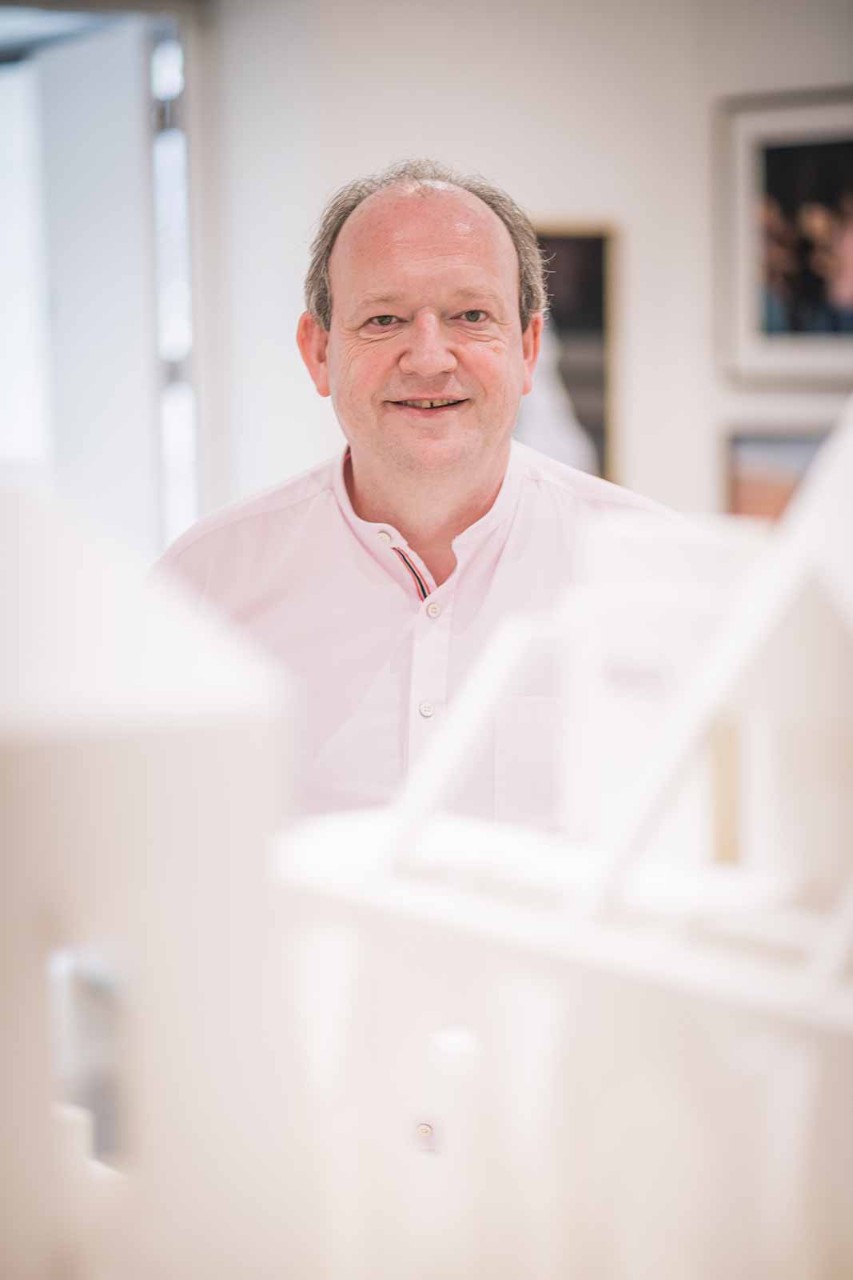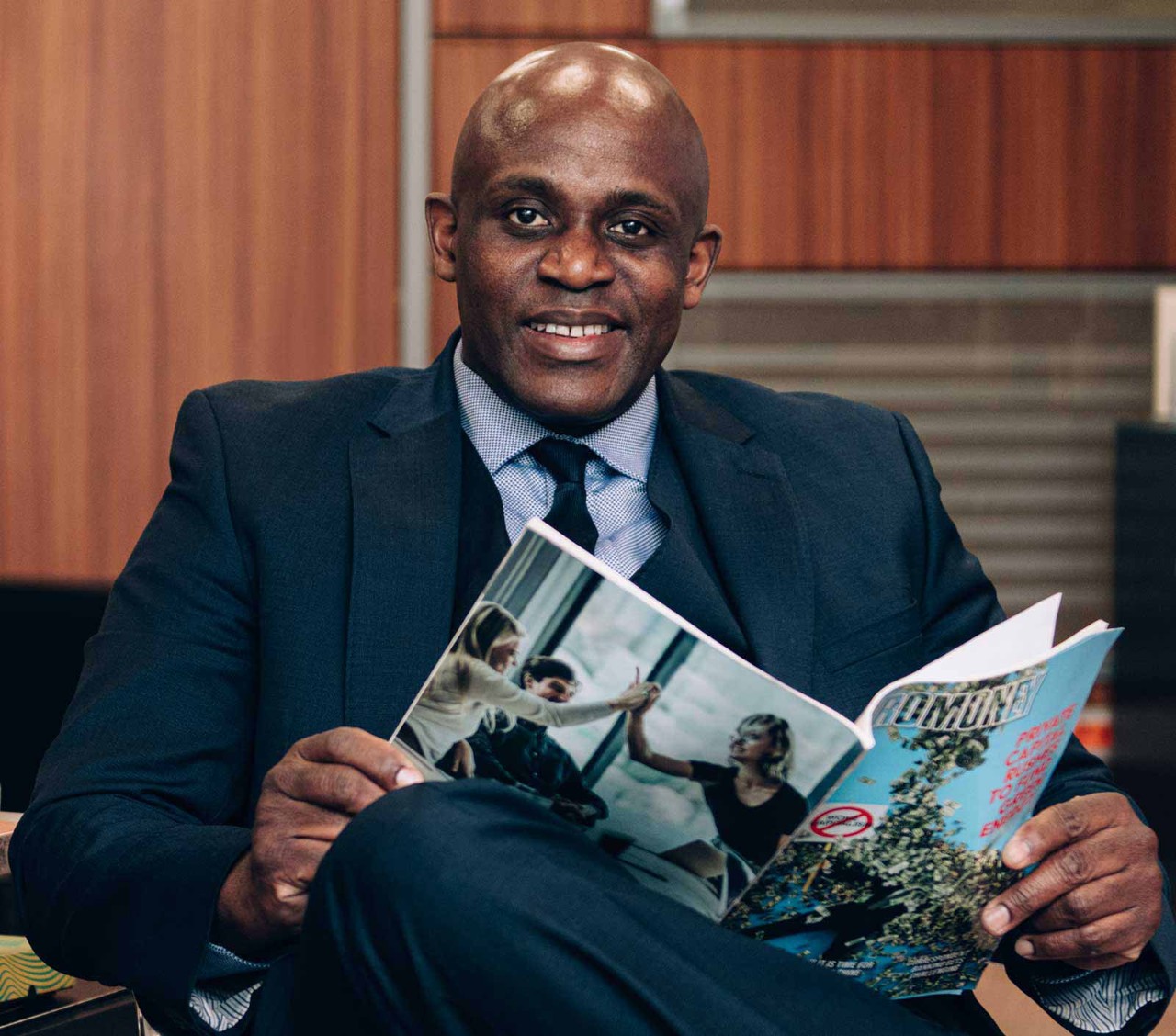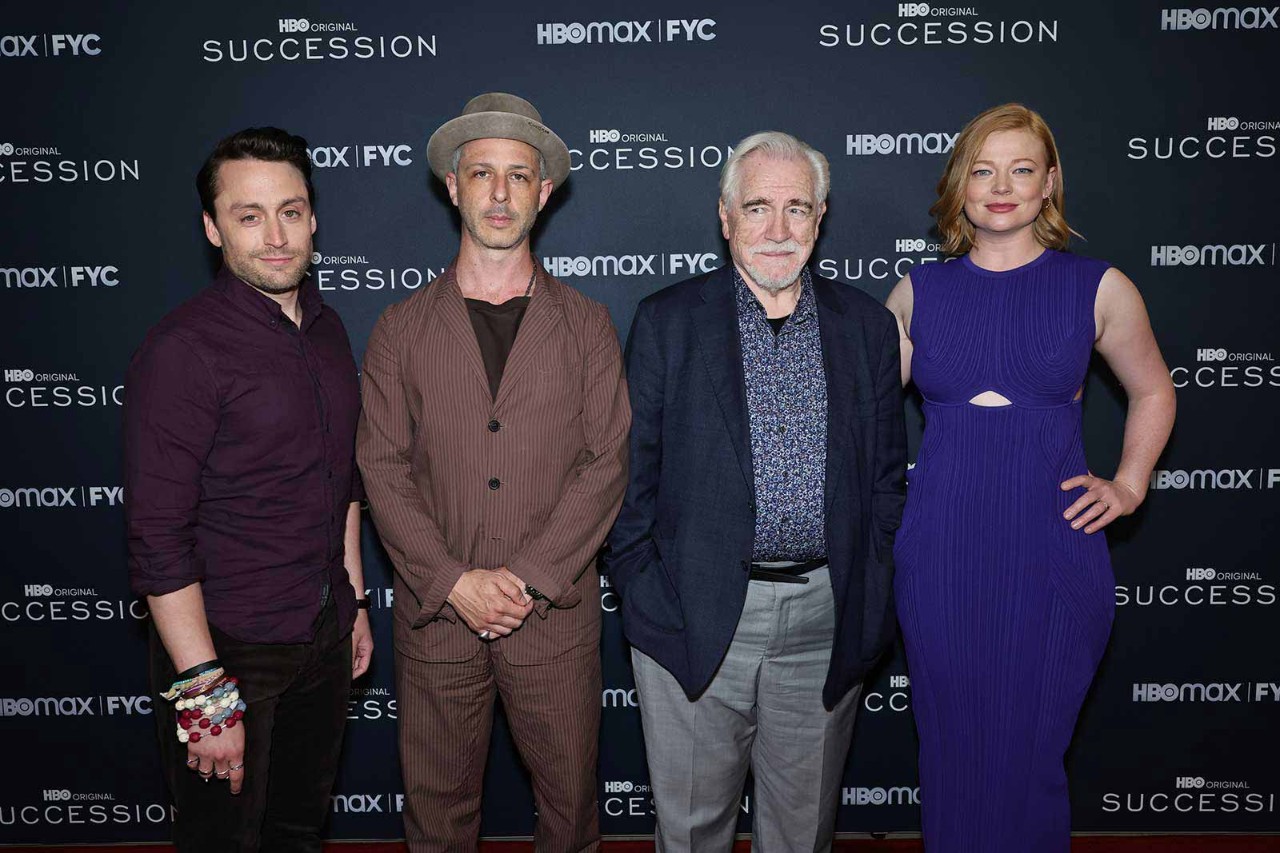
The role of non-executive director (NED) doesn’t feature highly in the ambitions of many professionals starting out. Over time, however, it is often seen as adding a rewarding extra dimension to a career.
The ACCA Careers website argues that there’s a particularly strong case for ACCA members to become ‘NEDs and trustees across all sectors – public, private and voluntary – as they can contribute hugely to ensuring viability and good stewardship of assets’. And for some ACCA members, what begins as an opportunity to ‘give back’ can ultimately progress to a satisfying career choice in itself.
‘I’ve always had an insatiable desire to understand how businesses and processes work’
Among those charting the path of independent NED (INED) is Dublin-based Donall Curtin FCCA. Currently a board and audit committee member in nine organisations in Ireland and the UK, Curtin has held some 18 INED roles in total. More striking than the number is their diversity, as they encompass organisations in the arts, education, science, the public sector, peace and reconciliation, urban planning, student finance and membership organisations.
Common thread
Among the traits that make Curtin an in-demand INED, the most important, he says, is one that has guided him throughout his entire career. ‘When I look back to when I first started out in accountancy, back in 1983, the thread that runs through then and now is curiosity,’ he says. ‘I’ve always had an insatiable desire to understand how businesses and processes work, and to see experiences from different perspectives. That intellectual curiosity led to the development of strong relationships over the years as I realised that being a trusted adviser could be the differentiator between you and your competitor down the road.’
‘The issues at hand usually aren’t about right or wrong but about different perspectives and agendas’
Having started his journey with BCK Auditors and Accountants in 1983, Curtin was senior partner with the firm until his departure in 2014. It was a period of time that saw extraordinary change in Ireland, most notably when the Celtic Tiger first roared. ‘Up until then, Irish businesses would have been fairly modest in terms of their ambitions and vision,’ he says. ‘From the mid to late 1990s, as the country came out of recession and we saw significant structural funds coming to Ireland from the EU, a whole new appetite for growth emerged.’
The apprentice
Curtin’s first INED role came in 1991 with the National Youth Council of Ireland, an experience that colours his advice to anyone interested in joining a board. ‘Your first roles as an NED are in a sense your apprenticeship and it’s important to pick something that resonates with you,’ he says. ‘In my case, I was very interested in youth development, and I learned a lot about responsibility and stakeholder engagement through the council.
CV
2023
Current independent non-executive director (INED) roles include:
- INED and chair, audit and risk committee, Arts Council of Ireland
- Chair, audit and risk committee, Royal Pharmaceutical Society, London
- Chair, audit and risk committee, Northern Ireland Public Services Ombudsman, Belfast
- Chair, audit committee, Bar Council/Bar Standards Board, London
2011
Becomes ACCA member
1991
First INED role with National Youth Council of Ireland
1983
Joins BCK Auditors and Accountants
‘What you’ll find is the issues at hand usually aren’t about right or wrong but about different perspectives and agendas. What matters as an NED is how you listen and understand, and build your skill sets around compromise, negotiation and engagement.’
As to what persuaded him, almost a quarter of a century later, to embrace a portfolio of INED roles on a full-time basis, he points to ‘a few competing reasons. At the time, I had turned 50, a milestone that allowed me to reflect on my own priorities. I had spent some 30 years in practice and while I loved the direct interface with clients I also saw a value in pulling back from the operational side and embracing a different type of career.’
‘ACCA’s influence reaches right across the world’

Have courage
While it may in retrospect have seemed a smooth transition, like any career change, he says, ‘it can take a little courage. There is a cautious element in most of us. It certainly made things easier in my case that I was open to a new adventure. However, in the first six months after leaving the certainty of the nine to five there will always be a question in your mind as to whether you’ve done the right thing.’
A qualified accountant from the outset of his career, ACCA came into the picture as he began to make this transition. ‘I was doing more and more business in the UK and the significance of ACCA as a world-wide body became apparent,’ he says. ‘As a qualification it provides access to valuable technical information and the organisation is also excellent for facilitating introductions and openings. Its influence reaches right across the world.’
A question of culture
At the time of the interview, the relationship – or lack of – between non-executive and executive directors has become a talking point as never before in Ireland thanks to revelations about secretive payments agreed at management level by national broadcaster RTÉ but not disclosed to its board. Curtin has, like the rest of the Irish public, been following the crisis with interest. As an INED, what is his takeaway?
‘I was certainly encouraged when, early on, I saw minister Catherine Martin propose a culture audit of RTE as part of the government response,’ Curtin says. ‘It’s a pragmatic way of getting to grips with how an organisation operates and to provide recommendations on how it can change for the better. As a concept, it’s something that needs to be embraced by more organisations.’
‘Every organisation has stakeholders whose view of them is critical’
Curtin suggests The Culture Code by Daniel Coyle as required reading on why an ethical business culture matters, particularly in times of crisis. ‘Reputation is vital and every organisation, whether commercial or non-profit, has stakeholders whose view of them is critical. We can all make mistakes. The question is do you try to paper over the cracks or deal with them structurally?’
Build relationships
Experience tells Curtin that strong relationships are key to successful outcomes, whatever course a career takes. While he values the virtual approach to meetings where it can save time, he stresses his belief that, in the case of non-executive boards ‘every second meeting at least should be an in-person one, and ideally should have an extra social dimension to it. It’s only on that personal basis that you can fully appreciate the diversity and neurodiversity of differing points of view.’
For those accountants in an earlier stage in their career, Curtin’s insight on successful relationship building may be equally pertinent. ‘No client is every going to say to you “I like the way you’ve completed my annual returns”. But if you use your experience and judgment to bring a solution to them that they might not have considered before, then you can really get their attention.’
More information
Use ACCA’s career navigator to guide your options
Visit ACCA’s careers site





